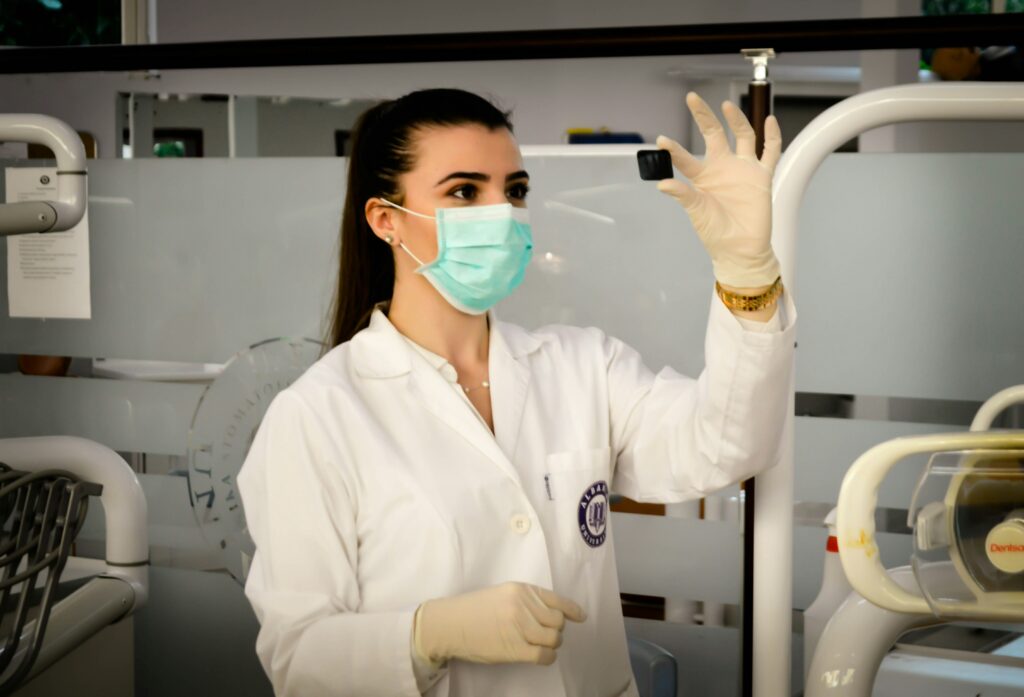Embarking on a journey to study medicine is a profound decision, one that sets the stage for a lifelong commitment to healing, compassion, and service to humanity. For international students aspiring to pursue a medical education, Europe stands as a beacon of excellence, offering world-class medical programs, diverse cultural experiences, and a gateway to a global healthcare career. In this article, we explore the myriad opportunities and benefits that studying medicine in Europe presents to international students, from renowned institutions to rich academic traditions and beyond.
-
-
Research Universities and Programs
Start by researching universities and medical schools in Europe that offer programs in medicine. Look for institutions with a strong reputation for medical education, accreditation by relevant authorities, and programs conducted in English, especially if you’re not fluent in the local language. -
Check Admission Requirements
Each university may have its own specific admission requirements for international students. Typically, these requirements include academic transcripts, standardized test scores (such as the SAT or ACT), letters of recommendation, a personal statement or essay, and proof of English language proficiency (such as TOEFL or IELTS scores). Some universities may also require applicants to pass additional entrance exams, such as the UK Clinical Aptitude Test (UKCAT) or the BioMedical Admissions Test (BMAT). -
Apply to Universities
Once you’ve identified the universities and programs you’re interested in, carefully review their application procedures and deadlines. Submit your application materials well in advance to ensure you meet all requirements and have ample time for processing. Some universities may require an application fee. -
Obtain a Student Visa
If accepted into a medical program, you’ll need to obtain a student visa to study in Europe. The specific visa requirements and application process vary depending on the country and your nationality. Contact the embassy or consulate of the country where you’ll be studying for detailed information on visa requirements and procedures. -
Financial Planning
Studying abroad can be expensive, so it’s important to plan your finances carefully. In addition to tuition fees, consider living expenses, accommodation costs, healthcare insurance, and other miscellaneous expenses. Look for scholarships, grants, and financial aid opportunities available to international students to help offset the costs. -
Prepare for the Transition
Moving to a new country for studies can be a significant adjustment. Familiarize yourself with the local culture, customs, and healthcare system. Arrange for accommodation, transportation, and other essentials well in advance. Consider joining student organizations or support groups to connect with fellow international students and ease the transition process. -
Attend Orientation and Settle In
Once you arrive in Europe, attend any orientation sessions or welcome programs organized by your university. Familiarize yourself with campus facilities, academic resources, and support services available to students. Take the time to explore your new surroundings and get to know your classmates, professors, and advisors. -
Engage in Your Studies
Medical school can be demanding, so prioritize your studies and stay focused on your academic goals. Attend lectures, participate in practical sessions and clinical rotations, and actively engage with your professors and peers. Take advantage of research opportunities, internships, and extracurricular activities to enhance your learning experience and build a strong foundation for your future medical career.
Beyond the academic and logistical aspects, there are several other important factors for international students to consider when studying medicine in Europe:
-
Language Requirements
While many medical programs in Europe offer courses taught in English, some may require proficiency in the local language, particularly for clinical rotations and interactions with patients. International students should assess language requirements and consider language courses or proficiency exams if necessary.
Cultural Adaptation
Moving to a new country entails adjusting to a different culture, lifestyle, and social norms. International students should prepare for cultural adaptation by familiarizing themselves with the local customs, etiquette, and traditions. Building cross-cultural communication skills and embracing cultural diversity can enrich the study abroad experience.
Visa Regulations and Residence Permits
International students must comply with visa regulations and obtain the necessary residence permits to study in Europe. Familiarize yourself with the visa application process, requirements, and deadlines for your specific country of study. Ensure that you have all required documentation, including proof of enrollment, financial support, and health insurance coverage.
By considering these additional factors and taking proactive steps to prepare for studying medicine in Europe, international students can maximize their academic success, personal growth, and overall satisfaction with their study abroad experience. Embrace the opportunities for learning, exploration, and cultural immersion that studying medicine in Europe offers, and seize the chance to make a positive impact on your future medical career.
Overall, following these steps and staying organized throughout the application and transition process allow international students to successfully pursue their dream of studying medicine in Europe. Remember to stay adaptable, open-minded, and proactive in embracing the opportunities and challenges that come with studying abroad.





